Power Electronic Converters : Types and Applications
Introduction
In the dynamic landscape of industrial control systems, power electronic converters are the unsung heroes, enabling the precise management of electrical energy in diverse applications. These vital devices are responsible for transforming, regulating, and controlling electrical power, ensuring efficient and reliable industrial processes. In this comprehensive article, we will explore the various types of power electronic converters, delving into their subcategories and specific applications within each type. Understanding the nuances of these converters is crucial for professionals working in the industrial control field.
Types of Power Electronic Converters
1.Rectifiers:
Rectifiers are the foundation of power conversion, serving the critical role of transforming alternating current (AC) into direct current (DC).
a. Diode Rectifiers: Diode rectifiers are the simplest type, widely used in power supplies for consumer electronics.
b. Controlled Rectifiers: Also known as phase-controlled rectifiers, they employ thyristors (SCRs) to regulate the DC output voltage. Controlled rectifiers are pivotal in variable-speed motor drives and battery charging systems.
2.Inverters:
Inverters are indispensable for converting DC to AC, making them essential in the industrial control field. There are various subcategories:
a. Voltage Source Inverters (VSI): VSIs generate adjustable AC output voltages by switching the DC input voltage. They find application in adjustable-speed motor drives and grid-tied solar inverters.
b. Current Source Inverters (CSI): CSIs maintain a constant current output, suitable for applications like induction heating and specific motor drives.
c. Multilevel Inverters: These advanced inverters use multiple voltage levels to produce high-quality AC waveforms, reducing harmonic distortion. They are deployed in high-power applications and renewable energy systems.
3.DC-DC Converters:
DC-DC converters are crucial for adjusting DC voltage levels, with subcategories including:
a. Buck Converters: Buck converters reduce output voltage while increasing current, commonly found in battery-powered devices like laptops and smartphones.
b. Boost Converters: Boost converters increase output voltage while decreasing current, used in LED drivers and photovoltaic systems.
c. Buck-Boost Converters: These versatile converters can step up or step down voltage, making them suitable for various applications.
4.AC-DC Converters:
AC-DC converters bridge the gap between AC and DC power, and there are two main categories:
a. Single-Phase Rectifiers: Typically used in low-power applications such as phone chargers and small appliances.
b. Three-Phase Rectifiers: Ideal for industrial machinery, these rectifiers convert high-power AC into DC.
5.AC-AC Converters:
AC-AC converters are designed to control the amplitude, frequency, or phase of AC power, and they can be classified as:
a. Cycloconverters: These converters can alter both the frequency and amplitude of AC power, making them suitable for driving large induction motors and specialized industrial applications.
b. Matrix Converters: Modern AC-AC converters, known for their bidirectional power conversion, are commonly used in motor drives.
Significance in the Industrial Control Field
The various types of power electronic converters are of paramount importance in the industrial control field for several reasons:
1) Energy Efficiency: Power electronic converters enable precise control over energy flow, reducing energy wastage and enhancing overall efficiency in industrial processes.
2) Adaptability: These converters offer the ability to tailor power output to varying load demands, ensuring a stable and reliable power supply for industrial equipment.
3) Integration of Renewable Energy: Inverters, in particular, are critical for integrating renewable energy sources, such as solar and wind, into industrial operations, reducing environmental impact and energy costs.
4) Process Control: AC-AC converters play a crucial role in applications that require accurate control of voltage, frequency, and phase, ensuring industrial processes run smoothly and meet quality standards.
Conclusion
Power electronic converters are the backbone of the industrial control field, allowing for precise control and management of electrical power. Their ability to efficiently convert, regulate, and manipulate electrical energy is instrumental in achieving energy savings, increased productivity, and enhanced reliability in various industrial applications. As technology continues to advance, power electronic converters will remain a pivotal component of industrial control systems, contributing to more sustainable and efficient industrial operations.
Subscribe to Us !
-
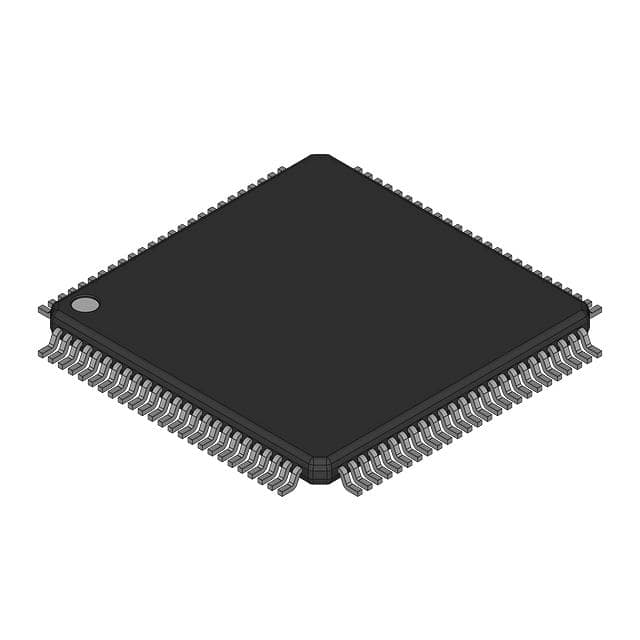 LV71081E-MPB-E
LV71081E-MPB-Eonsemi
-
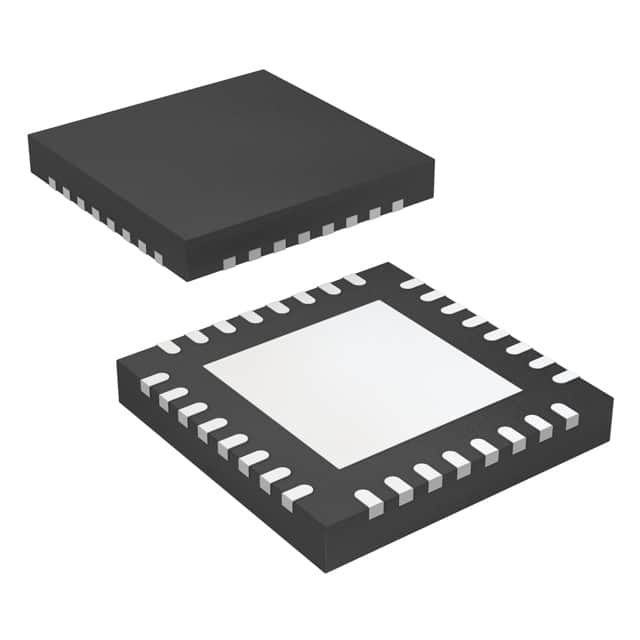 LMK00334RTVRQ1
LMK00334RTVRQ1Texas Instruments
-
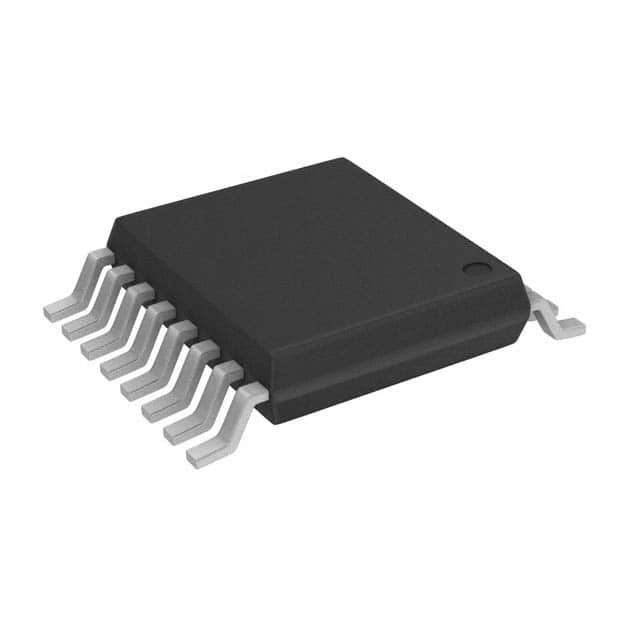 PI6C557-03LEX
PI6C557-03LEXDiodes Incorporated
-
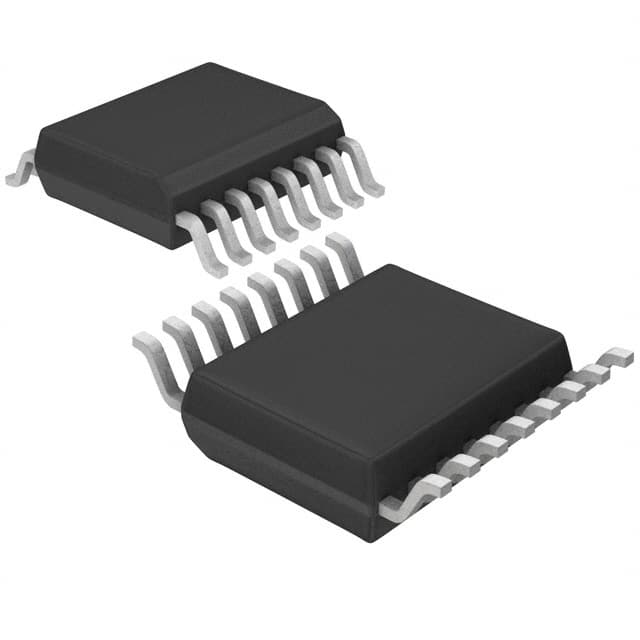 PCM1753DBQR
PCM1753DBQRTexas Instruments
-
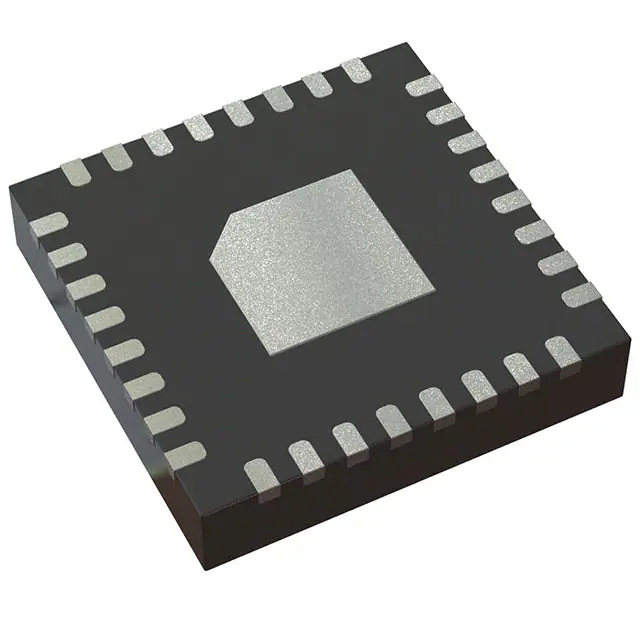 ADS1204IRHBT
ADS1204IRHBTTexas Instruments
-
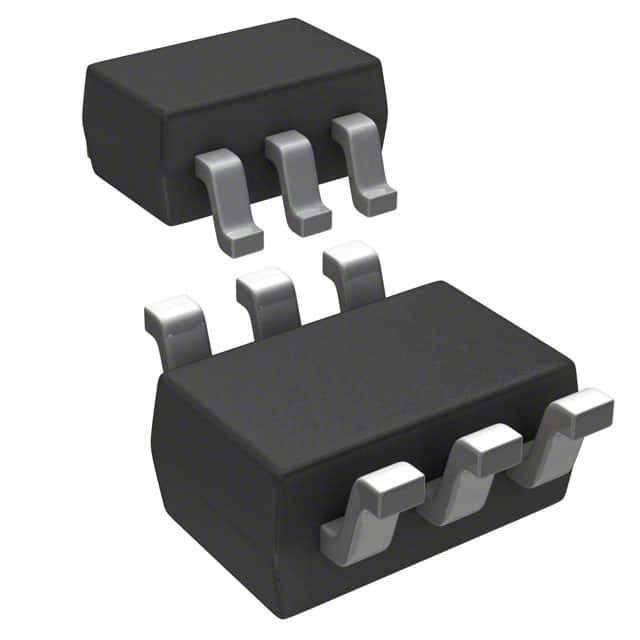 MCP4018T-104E/LT
MCP4018T-104E/LTMicrochip Technology
-
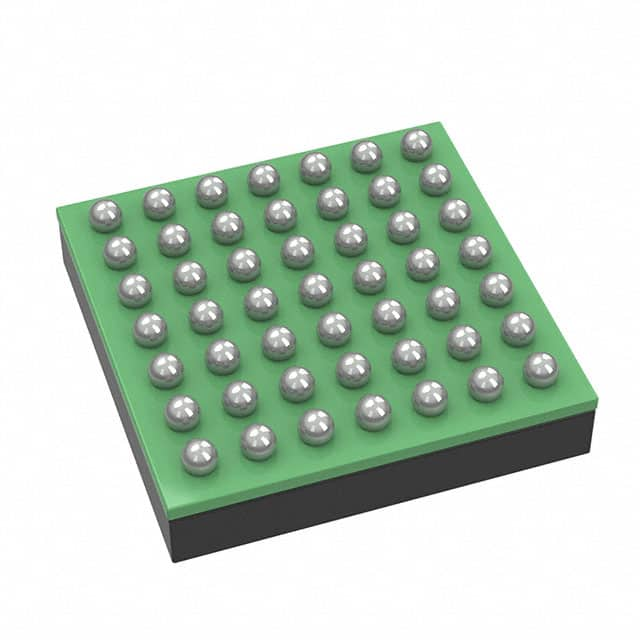 T4F49C2
T4F49C2Efinix, Inc.
-
.jpg) A40MX02-PLG44
A40MX02-PLG44Microchip Technology
-
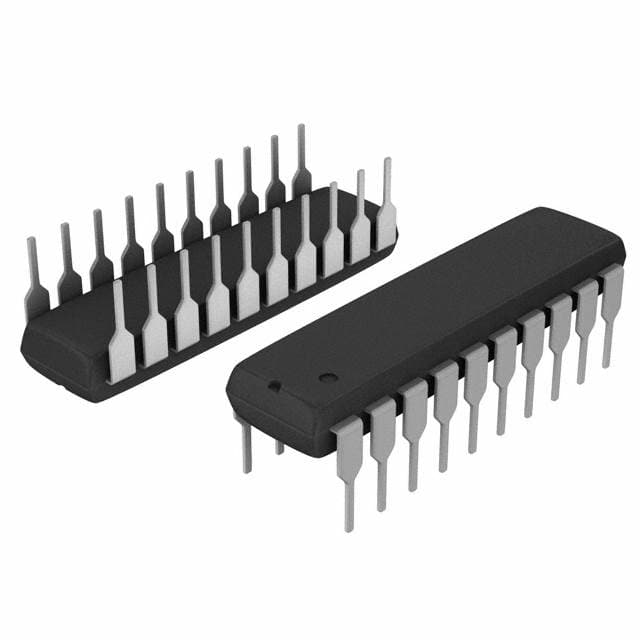 ATF16V8C-7PU
ATF16V8C-7PUMicrochip Technology
-
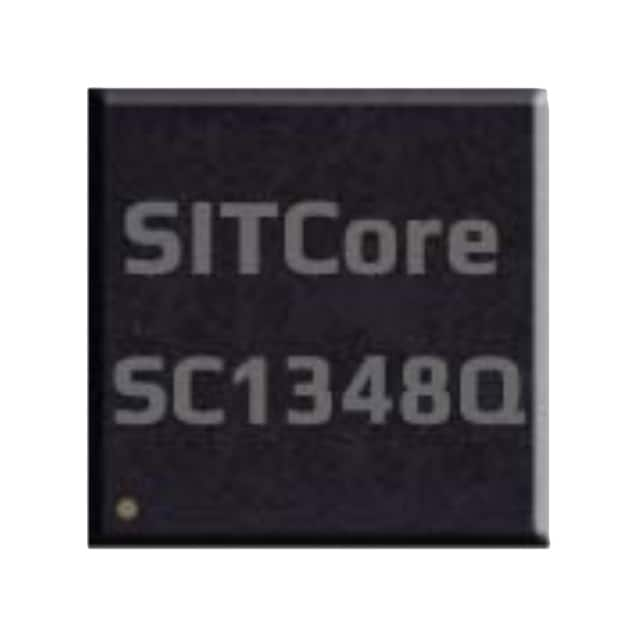 SC-13048Q-A
SC-13048Q-AGHI Electronics, LLC

